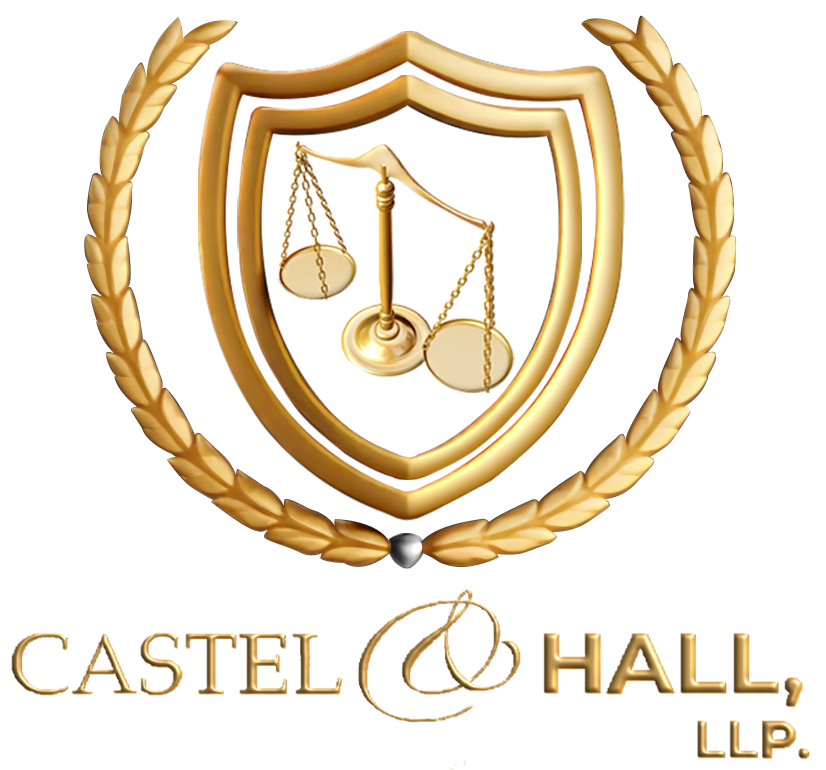Massachusetts conspiracy defense lawyer
for complex, multi-defendant cases
Accused of an agreement you never made?
A conspiracy charge alleges an agreement to commit a crime—sometimes even when the crime never happened. In Suffolk, Middlesex, Norfolk, and Worcester courts, prosecutors often rely on co-defendant statements, text threads, or surveillance to cast a wide net. Castel & Hall LLP probes every assumption, puts communications in context, and moves to suppress illegally obtained evidence. Our broader
criminal defense perspective keeps your case from being swallowed by a codefendant’s narrative.
Elements, overt acts, and penalties
The Commonwealth generally must prove an agreement plus steps taken toward the offense. Penalties often track the severity of the underlying crime. We explain exposure and identify pressure points early—especially when the allegation is
drug crimes distribution or a planned property offense like
theft crimes—to position you for dismissal, a targeted motion, or smart negotiations.
Conspiracy Charges Defense – FAQ
What exactly is a conspiracy in Massachusetts?
Conspiracy is an agreement between two or more people to commit a crime. Whether prosecutors must prove an “overt act” depends on the specific statute—some require it, others (including certain federal drug conspiracies) do not.
Can I be convicted if the underlying crime never happened?
Yes. The agreement itself can be chargeable even if the plan fizzles. That’s why texts, chats, or ambiguous meetings often become central—and why context matters.
What is “guilt by association” and how do I avoid it?
Prosecutors sometimes argue that your presence or relationships imply agreement. The defense focuses on lack of shared intent, withdrawal, duress, or mere knowledge without agreement.
What is Pinkerton liability and will it apply to me?
In many conspiracy frameworks, a defendant can be liable for reasonably foreseeable acts committed by co-conspirators. The defense works to limit the scope of the alleged agreement and foreseeability to contain exposure.
How do cooperators and wiretaps affect my case?
Co-defendant testimony and recordings are common. Your lawyer will challenge informant credibility, suppression of illegal intercepts, and selective quotes taken out of context.
Can I “withdraw” from a conspiracy?
Withdrawal is fact-intensive. Clear steps—like affirmatively telling co-participants you’re out or contacting counsel—can help. Timing matters; withdrawal generally doesn’t erase prior liability but can limit later acts.
Will a group chat sink me?
Not by itself. Emojis, sarcasm, and shorthand cause misreads. Metadata, full threads, and expert linguistic analysis can blunt the government’s narrative.
Can restitution or cooperation reduce a conspiracy sentence?
Often those are factors, but there are trade-offs: safety, admission scope, and collateral consequences. Alternatives include loss-amount challenges, role reductions, and variance arguments.
What if my case is federal—how are guidelines calculated?
Guidelines often turn on loss amount, drug weight, role, obstruction, and acceptance of responsibility. Early strategy tries to reduce those drivers, not just argue at the end.
Challenge the agreement, assert withdrawal, expose entrapment
We scrutinize informant motives, cooperation deals, and message snippets that prosecutors present as “agreements.” We argue withdrawal where supported, and we raise entrapment when government agents induced conduct that would not have occurred otherwise. From downtown Boston investigations to operations near MBTA hubs, we protect your record and your future.









